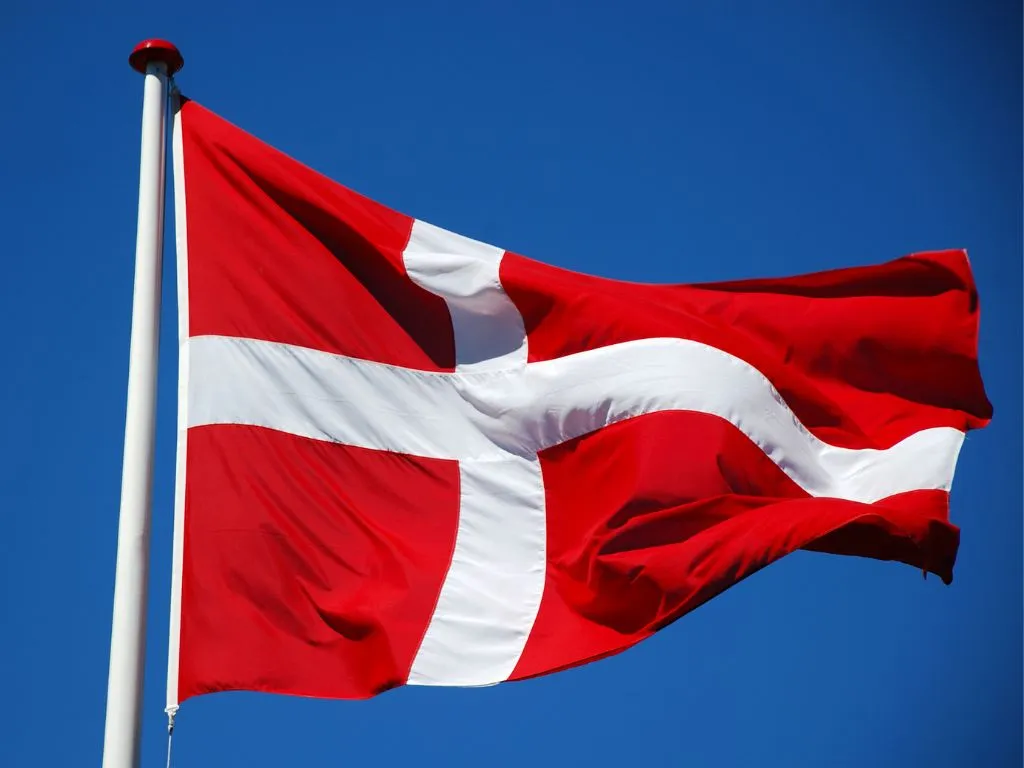

Reference source : Danish Ministry of Environment
On 30 May 2024, the Danish Parliament unanimously adopted the first National Action Plan to combat the pollution from per- and polyfluoroalkyl substances (PFAS). The plan, funded with 404 million Danish kroner (DKK) ($58 million), aims to protect the environment and public health by preventing, containing and cleaning up PFAS contamination.
PFAS, known as "forever chemicals," persist in the environment and accumulate in living organisms, posing serious health risks. This comprehensive plan aims to tackle the widespread PFAS contamination through a series of targeted initiatives.
Key Measures in the Action Plan:
1. Banning PFAS in Consumer Products: Denmark will be the first EU country, possibly alongside France, to ban PFAS in clothing, shoes and consumer waterproofing agents. This initiative targets the 60% of PFAS emissions in the EU attributed to textiles. The ban will take effect on 1 July 2026, after a one-year transition period allowing industries to adapt.
2. Soil and Water Remediation: A budget of DKK 210 million has been allocated for soil and groundwater remediation, focusing on up to 15,000 sites suspected of PFAS contamination, such as former fire training areas and landfills. Additionally, water companies will receive funding to protect drinking water supplies from PFAS, including the installation of new supply pipes and purification systems where necessary.
3. Improved Monitoring and Regulation: The plan includes increased monitoring of PFAS in water, food and livestock. There will be stronger controls on products, including online and physical retail, and partnerships with industry to provide clear guidance to the public.
4. Public Health and Education: Efforts will be made to educate the public and provide municipalities and water companies with the knowledge and resources they need to deal with PFAS contamination.
5. EU-Wide Initiatives: Denmark will push for an EU-wide ban on PFAS and support stricter regulations on PFAS levels in food and the environment. Notably, a proposal for an EU ban on PFAS has been submitted by Denmark, Germany, the Netherlands, Norway, and Sweden.
Ministerial Statements:
Environment Minister Magnus Heunicke emphasised the importance of the plan in ensuring the safety of everyday activities, such as drinking tap water and wearing rain gear. He stressed the urgency of tackling PFAS in soil and drinking water to prevent long-term environmental and health impacts.
The Minister for Food, Agriculture and Fisheries Jacob Jensen stressed the need for robust monitoring of PFAS in the food supply chain to prevent contamination from animal feed to consumer products.
The Action Plan has received broad support from all parliamentary parties, who recognise the urgent need to tackle PFAS pollution comprehensively.
Facts about PFAS:
PFAS include more than 10,000 different per- and polyfluoroalkyl substances that have been used for more than 50 years in various industries for their water- and grease-resistant properties. They are notoriously difficult to break down and accumulate in the environment, animals, and humans, posing significant health risks.
The action plan will run until 2027 and is the first phase of Denmark's efforts to tackle PFAS pollution. Beyond this period, further measures will be considered based on the results of the plan and the evolving scientific understanding of the effects of PFAS.
If you want to access the GHS report, please Register here in GPC Intelligence Portal click here
